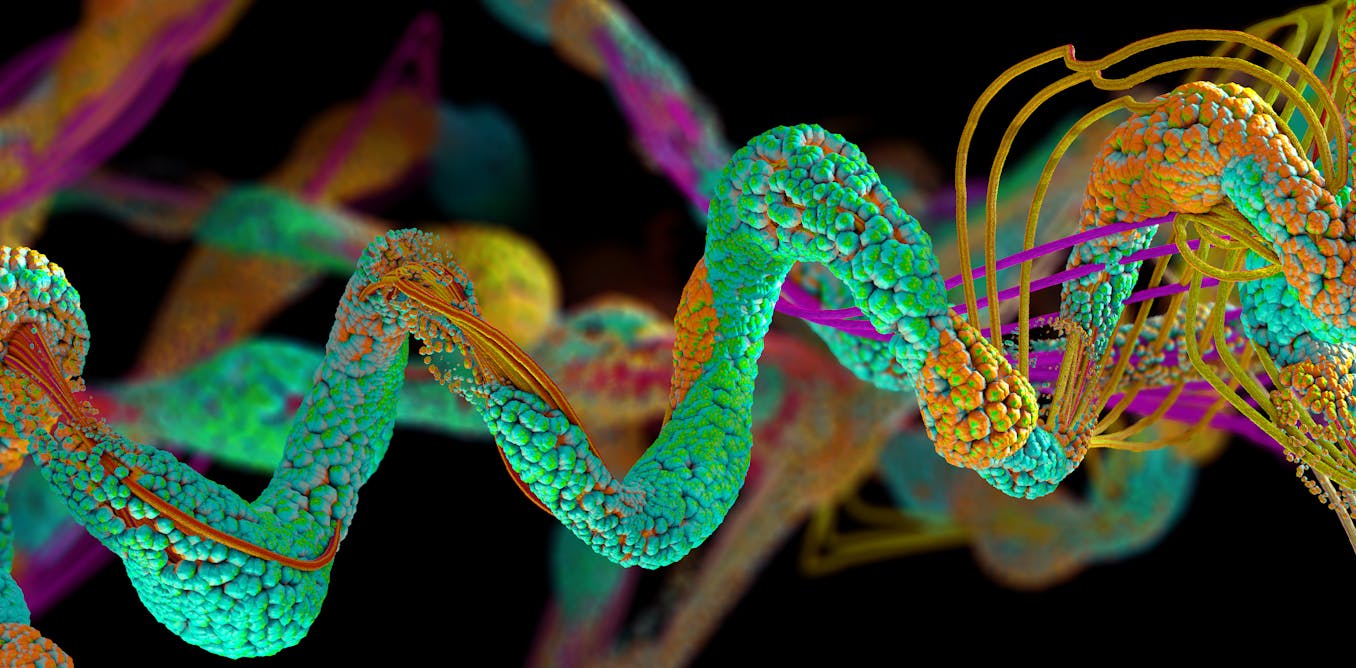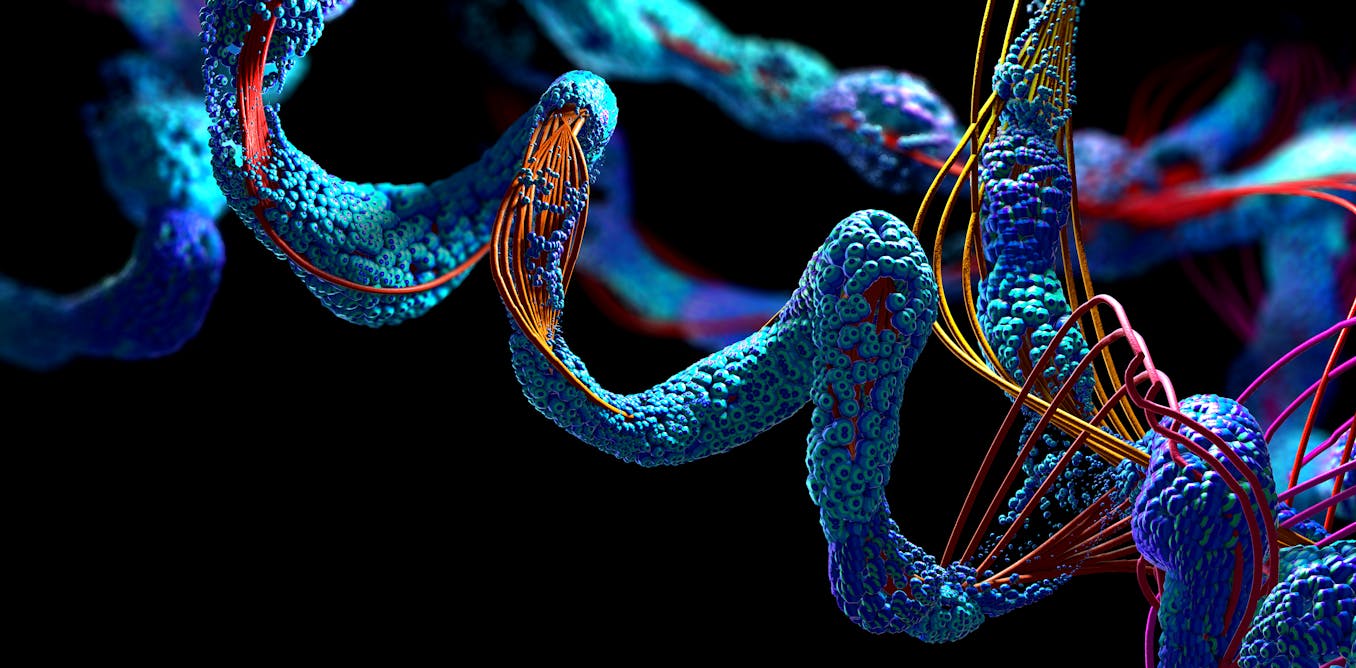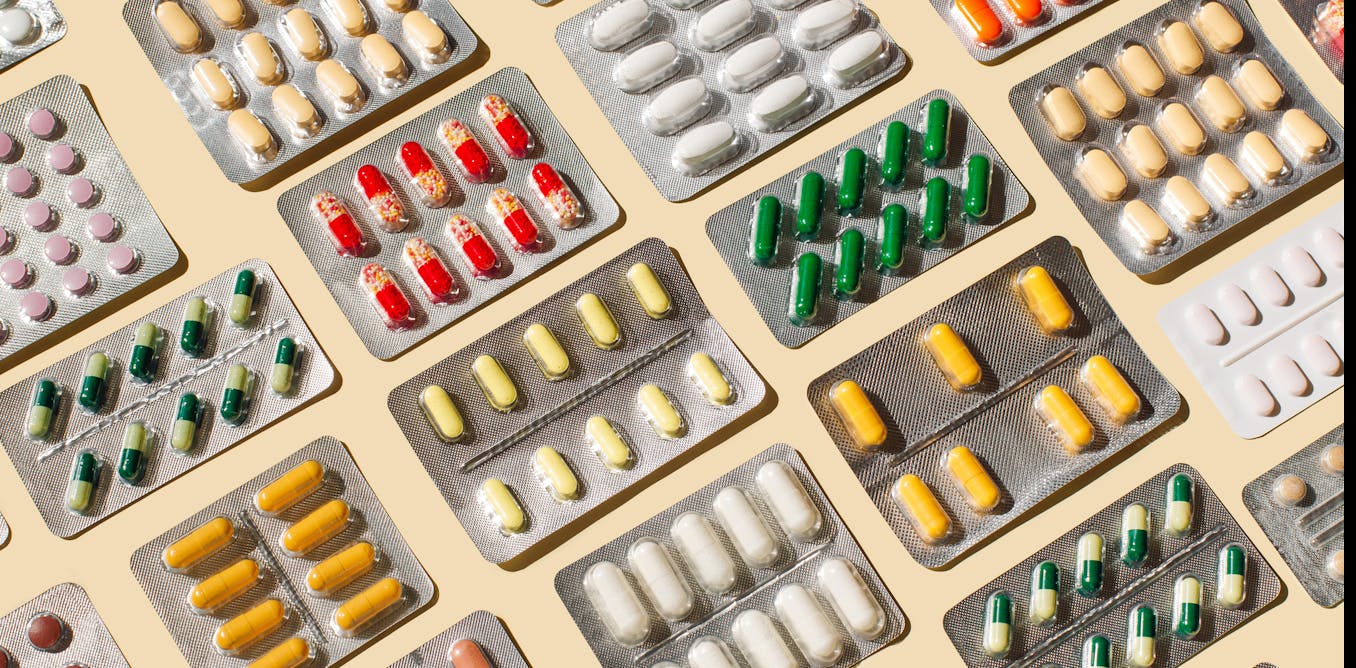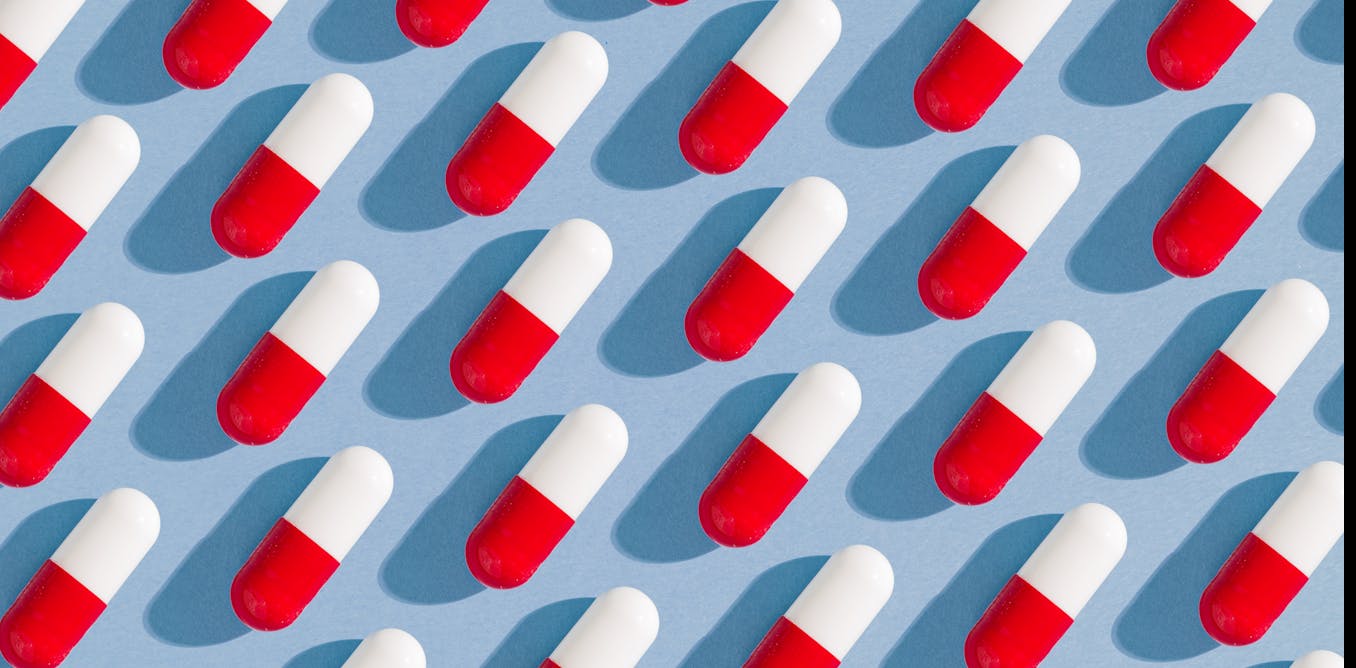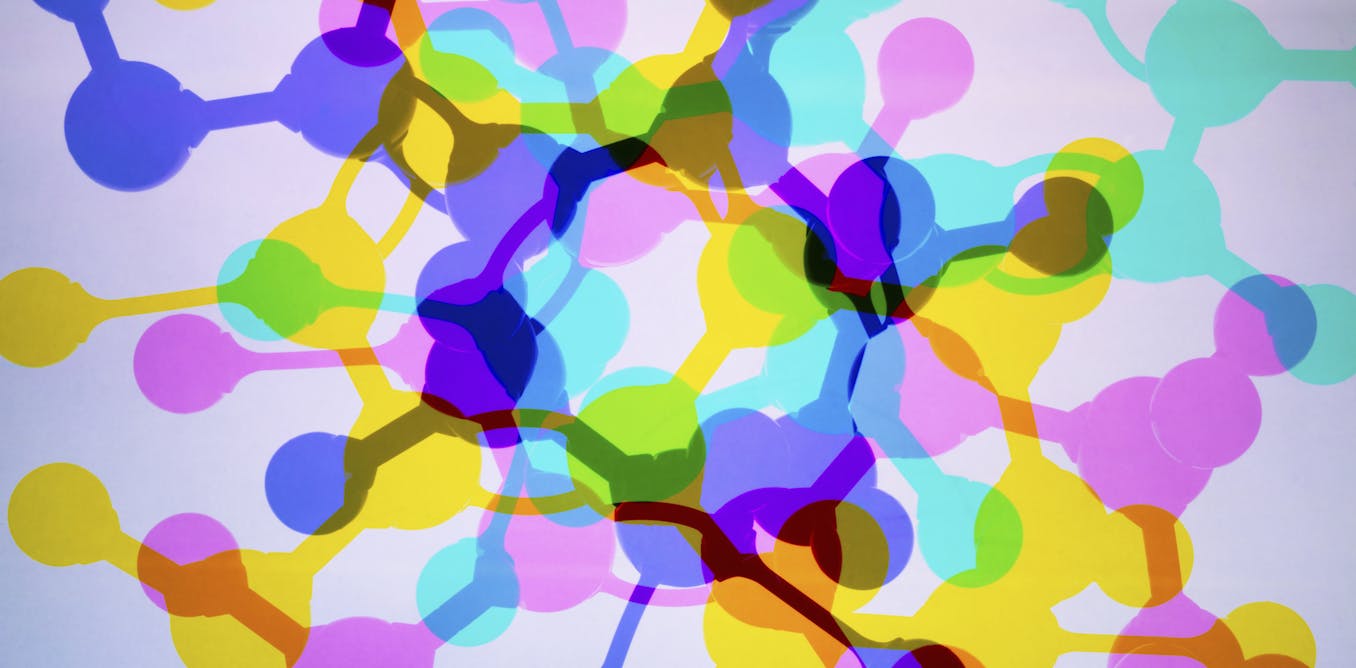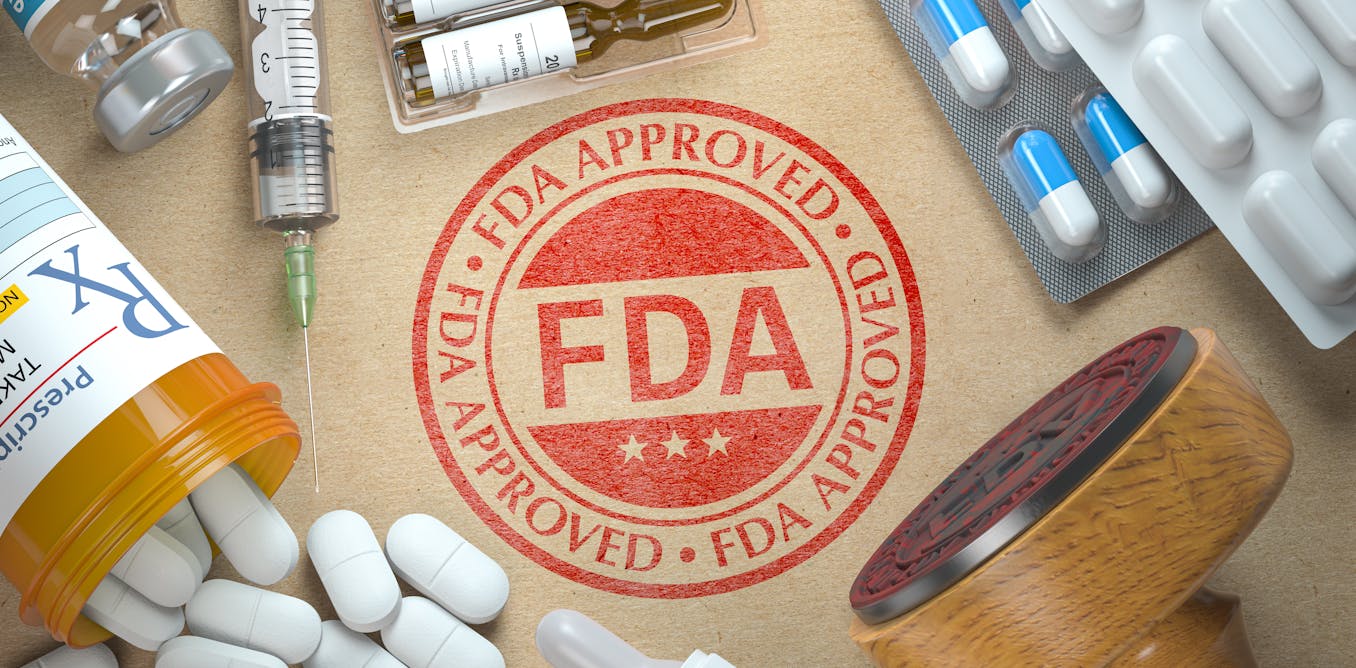Will AI revolutionize drug development? Researchers explain why it depends on how it’s used
Researchers have applied AI to every step of the drug development process. But this might not be enough to design safe and effective drugs.
Jan. 3, 2025 • ~9 min


